Determining Your Net Profits
When you sell your home, you can’t expect to take home all of the sale price. There are many fees to pay – commissions, taxes and miscellaneous and they can take out up to 7% of the sale price.
How do you determine your net profit? When you receive an offer, your real estate agent will give you a Seller’s Estimated Net Proceeds worksheet, which will give you an idea of all the costs that will be deducted when you close.
Here are some of the costs that could are usually deducted from the sale price. They may vary depending on yoru state.
- Mortgage payoff balance.
They can include your own home loan, second mortgages and home equity lines of credit. - Loan payoff fee.
Some lenders charge an administrative fee to pay off your loan. - Lien release document.
If you need to pay for a contractor, court judgments or for property taxes, you’ll need to settle them first before you could close the sale. - Prepayment penalty.
Ask your lender if you’ll need to pay for a prepayment penalty if you pay for your loan early. - Recording fees.
If you previously loaned on the house, you’ll need to pay this fee to show that you’ve paid for it already. - Commissions for agents.
This is the fee you pay to both your agent’s brokerage and your agent’s brokerage. Usually this takes off 6% from the sale price. This amount is split by the two brokerage and they are in charge of paying each agent. - Notary fees.
You pay a notary to confirm your identity and verify the documents. - Escrow fees.
The escrow serves as a third party. An escrow ensures that the money is protected while negotiations and processing of necessary documents are still ongoing. You could split the escrow fee with the buyer. - Title search fees.
Before the sale of a home could be finalized, a title company does a search on public records to verify if the property is free from any issue and can be sold. - Seller concession.
You and the buyer might agree to the price of a house but the buyer asks for a 3 percent closing cost concession. 3% is given back to the seller to pay for the closing costs. - Repairs.
If repairs are necessary, you’ll need to set aside a portion of the sale to spend for it. Sometimes it’s the buyer who requires it and sometimes, the lender. - Home warranty.
There are times when the buyer asks the seller to pay for a home warranty which offers protection for the buyer’s first year in the house. - Termite letter.
Some states require this. It indicates that the house is free from termites.
There may be more costs not mentioned here. It’s best to ask your real estate agent so you can anticipate and prepare for it.

